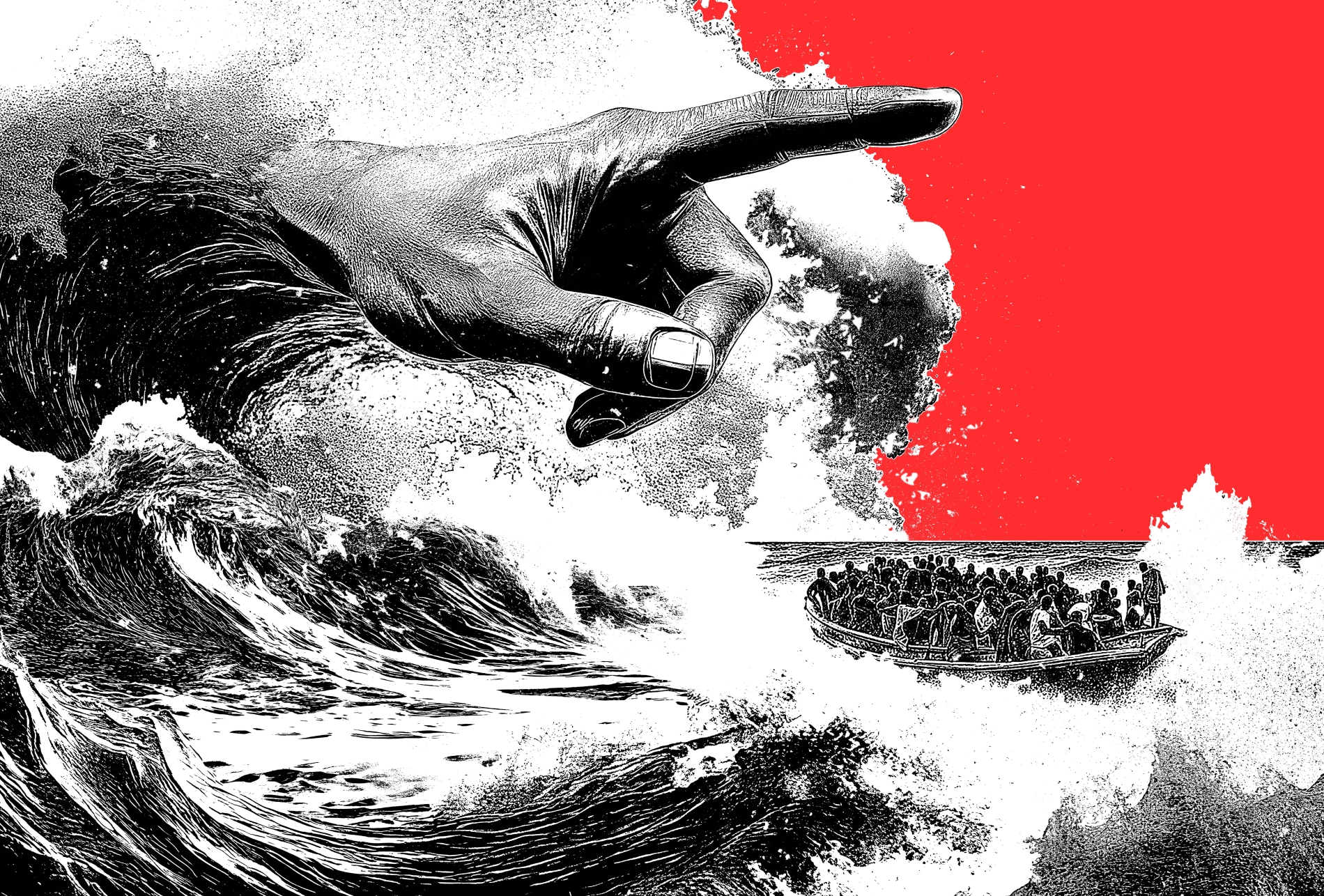Nigel Farage, the leader of the UK’s populist Reform UK party, announced in late August that, should he win the next UK election, he would deport up to 600,000 illegal immigrants and asylum seekers within five years.
The policy clearly echoes Donald Trump’s own election pledge, now seemingly being fulfilled, to conduct the ‘largest deportation operation in American history’. It similarly sounds close to Alternative für Deutschland (AFD)’s promise of “repatriations on a large scale” of non-German migrants made in 2025’s federal elections.
Deportation as a policy, it seems, has become mainstream in Western politics. Yet this is far from a new idea, and far-right European groups have been calling to ‘send back’ foreign migrants for decades. Today’s populist parties have recycled and repackaged the idea that deporting ‘outsiders’ will help solve domestic problems and, much to the shock of liberals, found many willing to listen.
Farage and his Reform UK Party are riding high in the polls. The latest Sky/YouGov poll suggests 28% of the electorate would vote for them if there were an election tomorrow, compared to 20% for the ruling Labour Party and just 17% for Britain’s traditional right-wing party, the Conservatives.
This does not mean, of course, that Farage is going to win power—Britain’s electoral system makes it hard for new parties to do well—but it is no longer a complete unlikelihood. The same goes for AFD, which has come from obscurity over the course of a decade to finish second in February’s election, winning 20.8% of the vote. It is therefore plausible that Trump-style mass deportations could soon be a feature of European politics.

Far right precedents
How did we get here? Deporting failed asylum seekers and foreign criminals is nothing new. The UK, for example, has long forced those with no legal right to remain to leave, with annual ‘enforced returns’ numbering between roughly 2,500 and 15,000 between 2010 and 2025.
However, this is a fraction of the hundreds of thousands being talked about by Farage, AFD and others. Though both would likely deny it, the scale of Reform and AFD’s plans is far closer to those put forward by far-right groups during the 1970s and 80s than a continuation of the longstanding practice of deporting a relatively small number of illegal immigrants.
In its 1974 election manifesto, the British neo-Nazi National Front (NF) group called for the compulsory deportation of all non-white immigrants and their descendants, a process they argued would take 10 years. But these ideas were firmly rejected, with the NF never scoring more than 0.6% of the vote in any general election. The idea of mass deportation was promoted again by an NF offshoot, the British National Party (BNP), in the 1990s, calling for the compulsory “repatriation” of non-white Britons.
As times changed, the BNP softened and shifted focus somewhat, arguing only for the ‘voluntary repatriation’ of nonwhite citizens, but that all illegal immigrants should be deported. Though this softer approach proved more popular than the NF, the BNP still only gained at most 1.9% of the vote in the 2010 general election, though it scored more victories in the less well-attended European elections.
















